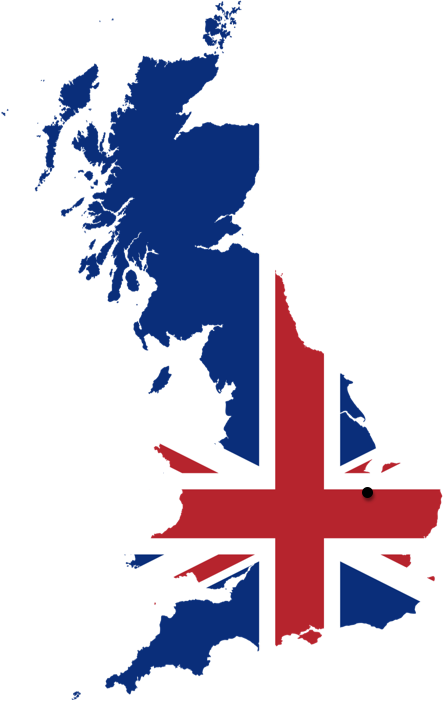I have spent most of my working life writing about countries where communal or nationalist differences determine and, on occasion, convulse the political landscape. My first experience of this was at Queen’s University Belfast, where I was writing a PhD on the Irish Home Rulers in Ulster pre-Irish independence, during the worst years of the troubles in Northern Ireland between 1972 and 1975. I moved on to Lebanon at the beginning of the civil war, and later reported on the Soviet Union before and after it broke up. I first went to Iraq in 1977 and over the following decades have watched it torn apart by communal conflicts stoked by foreign intervention.
Knowing these countries has given me a strong sense of the fragility of nation states when confronted by strongly rooted local nationalisms. The glue holding together nations is always a mixture of myth and self-interest which tends to become ossified and discredited over time. At the height of British imperial power in the 19th and early 20th centuries, the Scots were part of a British super-nationality that acted as the ruling caste of the empire. Working class solidarity within an industrial economy fostered a sense of British identity, as did loyalty to national institutions, industries, utilities and infrastructure, from the army and the navy to the shipyards and the railway system.
The triumph of the Scottish Nationalist Party on Thursday and the annihilation of all other parties in Scotland has led to lamentations on left and right over the likely passing of Great Britain as a unitary state. There are panicky whiffs in the air as people who had scarcely noticed there was such a thing as the union between England and Scotland come to realise that it may soon be dissolved and wonder what the future will hold. It is ironic to recall that a decade ago British officials talked glibly about “nation building” in Afghanistan and Iraq, without a thought about the staying power of their own nation.
It was fairly clear at the time that these foreign “nation builders” in Baghdad and Kabul, who spoke in such patronising tones to Iraqis and Afghans about creating a functional national state, had very little idea what they were talking about.
Over the past year it has become evident that British political leaders are equally at sea when dealing with nationalists and nationalism on their home turf. They veered between over-reacting and under-reacting to the rise of the Scottish nationalists. The left in Britain has never been very happy dealing with nationalism of any sort, seeing it at times as covert racism or at best a divergence from economic and social
issues.

